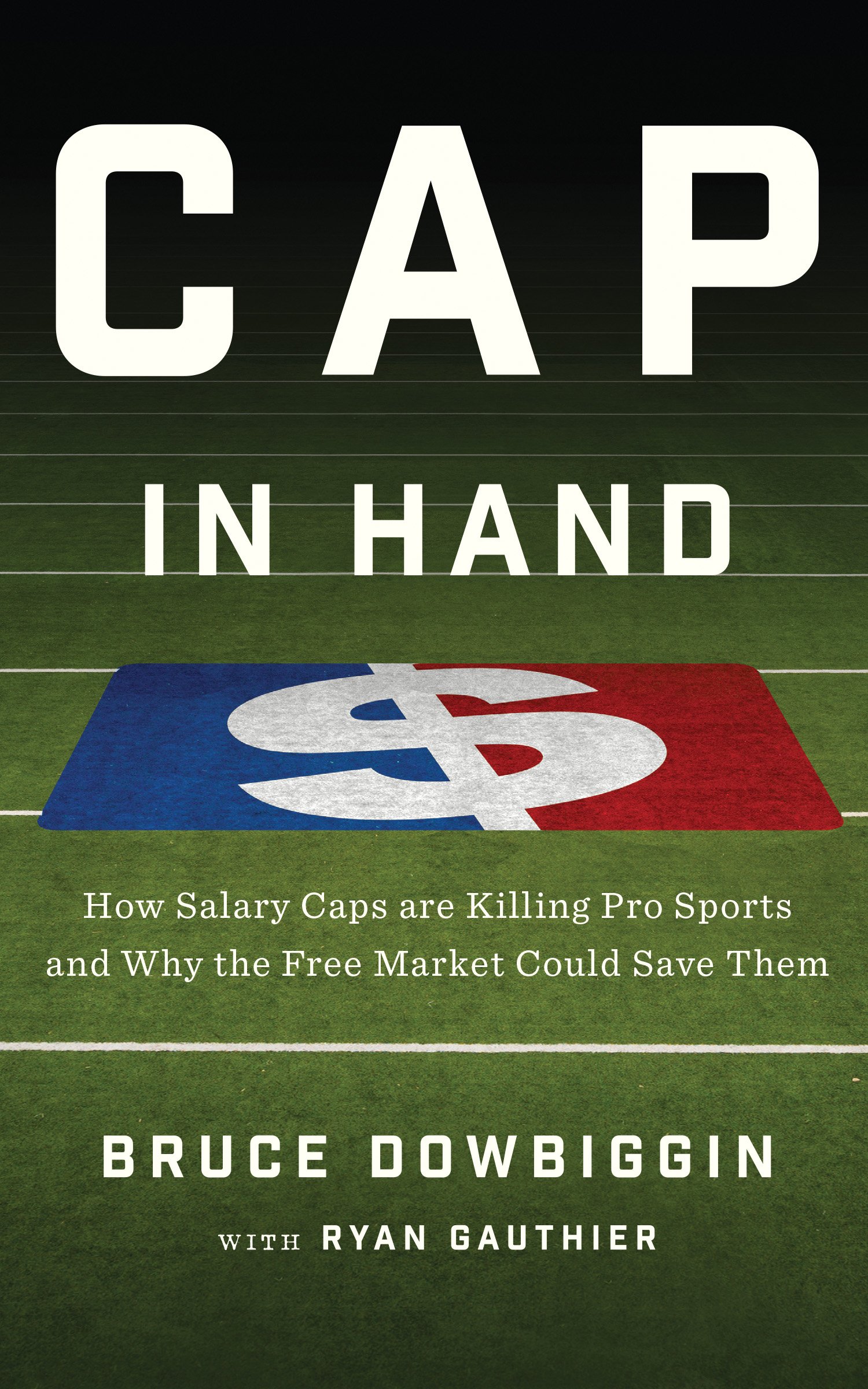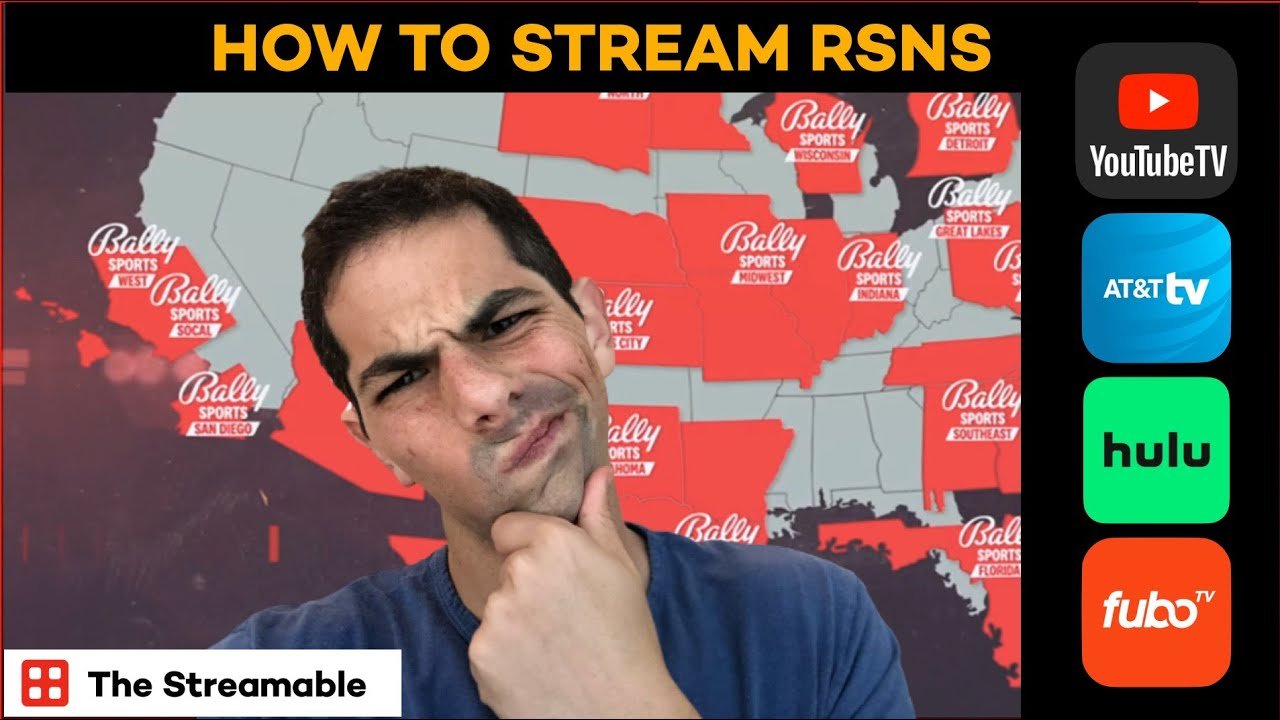Hockey's Image Problem: The Commissioner Who Won’t Leave
We once had a former MLB player/ media type tell us that if he were a manager he’d prefer his players go to their hotels after the game, smoke a little weed, play video games and get proper sleep. Especially now that smoking weed is legal in large parts of the continent. Staying up till 3 A.M. chasing girls in bars was the road to ruination, he said.
Apparently the NBA agrees. It is announcing that it will no longer test for marijuana as part of its drug-testing protocols. In its new collective bargaining agreement the NBA has dragged sports into the 21st century. By that we don’t mean the NHL will follow.
Gary Bettman's NHL never misses an opportunity to miss an opportunity at modernizing its product. Stasis would be the best word to describe the hermetically sealed snow globe that is the NHL. Even when it embraces change it does so in a way that tarnishes the League. See: Non-binary hockey and Pride Nights. So you know that the NHL will only drop testing for weed when it can be used as a weapon in future CBA tong wars against new NHLPA executive director Marty Walsh.
To grasp how sluggish the development of the NHL has become under The Commissioner Who Won’t Go Away, one need only look to the NBA which this weekend announced its new collective bargaining agreement with its players. The NBA CBA was done without even the threat of a work stoppage and is full of innovations and progressive ideas on how a sports league with a salary cap needs to operate.
In the NHL a collective agreement is never reached till Bettman has wiped out large segments of the season, necessitating class warfare with his product, the players. While pissing off the consumers of his sport and the networks who carry the games. [We remain opposed to salary caps in a global sports market, as we documented in our 2018 book Cap In Hand: How Salary Caps Are Killing Pro Sports and Why The Free Market Could Save Them.]
What does this deal say? First, the league is responding to the popularity of soccer’s many midseason competitions and the successful recent World Classic Baseball by committing to a midseason “tournament”. To qualify, teams will participate in pool games already on the regular-season schedule. Eight teams will get into the final play-down in “December Madness”, which will receive buckets of media exposure. Winning players and coaches will get extra money, which should help increase their motivation.
The reason behind this is simple, as we stated in Cap In Hand. In a global sports market, fans don’t want to wait for six months to see their favourites play meaningful games. They also want to see best-on-best as often as possible. Witness: Soccer’s Champions or Europa Leagues that play concurrent with the Premiership or La Liga schedule. We had a former NHL executive promote this ideas to us over a decade ago.
Of course, Bettman, the Herman Roth of commissioners, ignored him. He still believes Columbus versus Winnipeg on a January night is enough to keep the fans happy. Under his watch international play— once the crown jewel of the sport— has withered and died. World Cup? That’s a whole lot of bother for owners who like the Bettman formula they bought into. Right now there is one Stanley Cup winner and 31 losers.
There will no doubt be some bumps as NBA fans get the hang of the tournament formula. There are those who will moan about how the NBA CBA does nothing for mid-sized markets. "Players lose again … Middle and Lower spectrum teams don't spend because they don't want to," Golden State's Draymond Green posted to Twitter. "They want to lose… And this is what we rushed into a deal for?” (Draymond, outside of local markets no one cares about mid-sized teams any more.)
But it says here that the fans will grab onto the December Madness tournament formula. As will the exploding betting industry. But the NHL won’t touch this novel project— or Olympics or World Cups— till Bettman squeezes the NHLPA at the next CBA session.
The NBA CBA, which runs till 2030, also says players will have to play 65 games to qualify for season-ending awards, cutting back on “maintenance days” for superstars. It also will allow players making ga-jillions to now be owners of teams, invest in other sports franchises or lose all their money… er, invest in the cannabis industry. Having players learn the other side of the business can only be a positive. Under Bettman’s rule the top players never make near their worth, so this would be moot in the NHL.
The only threat to Bettman’s status quo is the financial collapse of many regional sports networks in the U.S., the backbone of his U.S. strategy. They are being hammered by the cord-cutting trend in cable TV. As we wrote here in January, for a league like the NHL that has counted heavily on regional revenues the past 30 years cord-cutting is a disaster. “Greg Boris, a sports management professor at Adelphi University summed up the looming disaster: RSNs have ‘been a golden goose. You remove cable TV from the scenario, and franchises are worth a fraction of what they are today, players make a fraction of their salaries today…”
In March, Bally Sports— which operates 14 regional sports networks in the U.S. (covering 12 NHL clubs)— filed for bankruptcy protection to eliminate about $8 B in debt. The hope is that Chapter 11 will give them time to re-organize. But that won’t change the collapsing numbers of subscribers who bail on services for channels they never watch. Already, Bally is looking to reject the contracts of four MLB teams as part of the bankruptcy.
Time Warner Discovery, too, has said they are looking to exit the regional sports network business. While leagues like the NHL might move to streaming services, there is little expectation that it will produce the same revenues. Ergo, financial collapse.
Maybe a ruinous TV contract might finally send Bettman into retirement and the NHL into an enlightened age. Till then everyone probably needs a little weed to get through the process.
Sign up today for Not The Public Broadcaster newsletters. Hot takes/ cool slants on sports and current affairs. Have the latest columns delivered to your mail box. Tell your friends to join, too. Always provocative, always independent. https://share.hsforms.com/16edbhhC3TTKg6jAaRyP7rActsj5
Bruce Dowbiggin @dowbboy is the editor of Not The Public Broadcaster A two-time winner of the Gemini Award as Canada's top television sports broadcaster, he’s a regular contributor to Sirius XM Canada Talks Ch. 167. Inexact Science: The Six Most Compelling Draft Years In NHL History, his new book with his son Evan, was voted the seventh-best professional hockey book of all time by bookauthority.org . His 2004 book Money Players was voted sixth best on the same list, and is available via http://brucedowbigginbooks.ca/book-personalaccount.aspx





